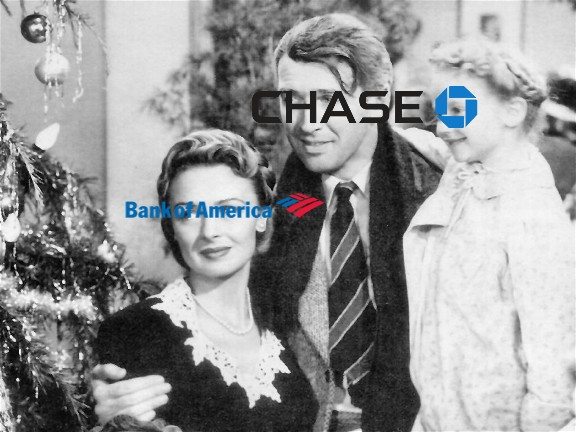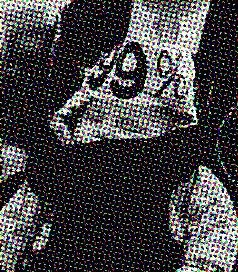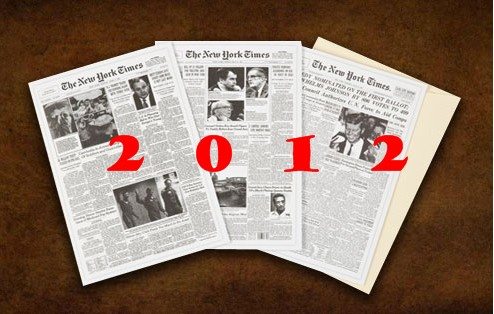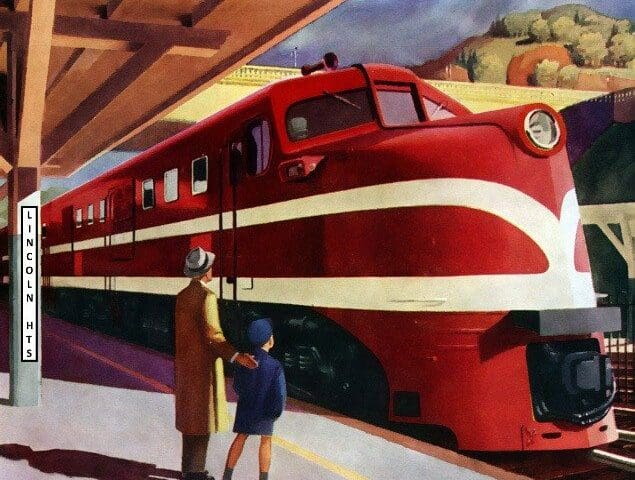

(Editor’s Note: This reposted feature originally appeared on the Huffington Post in slightly longer form.)
Through a story of personal tragedy and the virtues of small-town life, voluntarism, and compassion, the New York Times’ David Brooks has written a column that unwittingly exposes our nation’s outrageous cruelty and callousness.
In his December 30 column, “Going Home Again,” Brooks tells the story of Ruthie Leming, a school teacher and mother of three daughters in St. Francisville, Louisiana (population 1,765), who last year, at age 40, was diagnosed with a virulent form of cancer. Brooks understandably laments the tragedy and applauds Ruthie’s community, which rallied around her and her family as her health deteriorated.
“There were cookouts to raise money for her medical care,” Brooks reports. On April 10 last year — officially “Ruthie Leming Day” — “more than half the town went to a fund-raising concert”
» Read more about: Compassionate Cruelty: A Conservative's Panacea »


Fresh produce is not a phrase you hear often in East L.A. Just visit any corner store and you can see why.
East L.A. is one of many “food desert” communities in the L.A. Basin. – communities where healthy, affordable food is difficult to obtain. Walk down any street and you will find a fast-food joint way sooner than you’ll locate a healthy food market. Our residents and kids are bombarded with chips, candy, ice cream and advertising for alcohol when they do go shopping. It’s no wonder that a child will sooner pick up a bag of “takis” (a popular chip brand) than go on looking in vain for healthy food.
In East L.A., the common venue for food purchasing is the corner store. These stores are typically small businesses that sell alcohol, tobacco, snack foods, sodas, candy and very little fresh, high-quality food products. Unfortunately, the fruits and vegetables they sell are frequently bruised,


(This reposted Harold Meyerson blog originally appeared in slightly different form on American Prospect. )
In 1938, Congress passed, and FDR signed into law, the Fair Labor Standards Act, which established the first federal minimum wage and overtime protections. And that, to the extent that most Americans think about the minimum wage, was that. To be sure, Congress occasionally raises the minimum wage (though they’ve got a long way to go to make it a living wage), but the national law, covering all workers, has long since been established, right?
Not quite.
In fact, the 1938 law only passed when Roosevelt and congressional liberals agreed to exclude some categories of workers—categories that included many millions of people—from its coverage in order to win the votes of the Southern Democrats they needed to pass it. So agricultural workers (by which Southern Democrats meant,
» Read more about: Behind the Home Care Workers’ Wage Victory »


(This reposted feature by David Wallis originally appeared on the American Prospect.)
At a time when legislators, consumer advocates and the Occupy movement batter big banks for their questionable business practices, J.P. Morgan Chase and Bank of America have gone soft and fuzzy. The nation’s two largest banks are running saccharine television commercials that portray the massive multinationals as the Bailey Building and Loan Association.
Bank of America recently rolled out its “Opportunity” campaign to highlight the company’s nationwide bid to lend a hand—i.e., money— to small businesses. (Ironically, It’s A Wonderful Life director Frank Capra modeled the Bailey’s bank on BoA.)
In Brooklyn, tenants of a green affordable housing project partly funded by BoA gush over their sleek new apartments, replete with AC and electric keys. “No one can pick the lock,” notes a tenant in a web version of the ad.
» Read more about: Two Soft-Hearted Banks: It’s a Wonderful Lie »


Southern California’s Economy was spared a beating when 62,000 grocery employees belonging to the United Food and Commercial Workers union won a fair three-year contract from three major supermarket chains without having to go on strike.
Nothing said Politics more than the Occupy movement– which quickly set up camp in Los Angeles around City Hall. Photojournalist Tony Zinnanti captured the hope and youth of this campaign with a timeless image of a mother and child.
 Another year, another oil spill assaulting the Environment. This time it was Exxon Mobil’s turn to dump a little crude —
Another year, another oil spill assaulting the Environment. This time it was Exxon Mobil’s turn to dump a little crude —


This 2012 newspaper headline wishlist first appeared on the Labor Lou blog.
1) Gingrich Sews Up Nomination
Former House speaker clears the field as Romney pulls out
2) Scott Walker Recalled
Wisconsin voters remove unpopular Republican governor
3) Clinton, Biden Swap Jobs
Convention taps Hillary for VP; Biden will head State Department
4) OWS Veterans Get Political
Wall Street protesters energize Obama campaign
5) Clarence Thomas Resigns
Conflict of interest sinks Supreme Court justice
6) Unemployment Down, Consumer Confidence Up
Optimism rising as election nears
7) Democrats Take Back House
Pelosi promises progressive agenda
8) Demands Grow to Curtail Filibuster
Senate Republicans might lose their best weapon
9) Obama Makes Labor Reform “Top Priority”
Declares unions “Key to economic justice”
10) Court’s Conservative Majority Jeopardized by President’s Pick
Justices could revisit “Citizens United”


Should we chuckle or cry whenever the American conversation slides back into rumor and paranoid nightmare? Below are five of this year’s more unforgettable fantasies, debunked by America’s leading myth-busters, Snopes.com.
1. Michelle Obama is pregnant — and White House spokesman Robert Gibbs was fired for discussing this!
2. Liberal billionaire George Soros is buying up U.S. gun makers – in order to shut them down.
3. Department of Energy $737 million loan to a solar-energy project will only create 45 jobs – and the company’s run by a Pelosi!
4. Barack Obama uses a Social Security number belonging to a deceased Hawaiian born in 1890.
5. NBC edited out a reference to Christ in an interview with family members of deceased Navy SEAL.


What a drag—I have recently been worried about the memory loss I have sort of grown used to over the last few years. I’m not afraid of Alzheimer’s—and I don’t feel unique. Fortunately I get a lot of support from my “fragmented” younger and older friends who assure me that I’m not the only one who is experiencing the well-known list of “senior moments,” including:
“What did I walk into this room to get?”
“ Where are my glasses and keys?”
“I drove right past the post office I always go to!”
“I can’t remember names.”
You probably have your own list.
But when you are almost 85 years old—and have finally chosen to admit it to yourself — it takes on another dimension. How am I supposed to proceed to make life creative and fulfilling in the ways I know best, before I fully accept this new stage?


Here is a shorter — and more modern — rendering of the Christmas poem by Clement Clarke Moore (1823).
‘Twas the night before Christmas, when all through L.A.
not a good job was to be found, not even for low pay.
The job apps were filled out, the interviews complete,
in hopes that all would keep shoes on their feet.
The children were nestled all snug in their beds,
while visions of Xboxes danced in their heads.
But we were barely paying the mortgage, and clean out of cash
so sadly, this Christmas, there would be no big bash.
When into my mind came a brilliant idea.
What if there were a million good union jobs here?
It’s not so outlandish, it’s not so remote —
I jumped out of bed and put on my coat.
The moon shown down on the city’s bright lights
as I drove my old car west toward Angelino Heights.


As a resident of Lincoln Heights, I’ve always been able to use public transportation to get around. I live in what you could call a “low-income transit village.” Most of the major bus lines that connect our region are within walking distance of my home. Bus lines like the 45 and 81 provide me access to South L.A. to visit friends, while the 84 and 251 connect me to my family in East and Southeast L.A. This is on top of the Gold line and all the destinations it opens up for me.
Unfortunately, easy access to public transportation is not available to many Angelenos. This is far more than an inconvenience, because often the communities that lack bus and rail options also suffer from high poverty and unemployment rates. For those fortunate enough to have a job, driving in many cases is not an affordable means to get around,